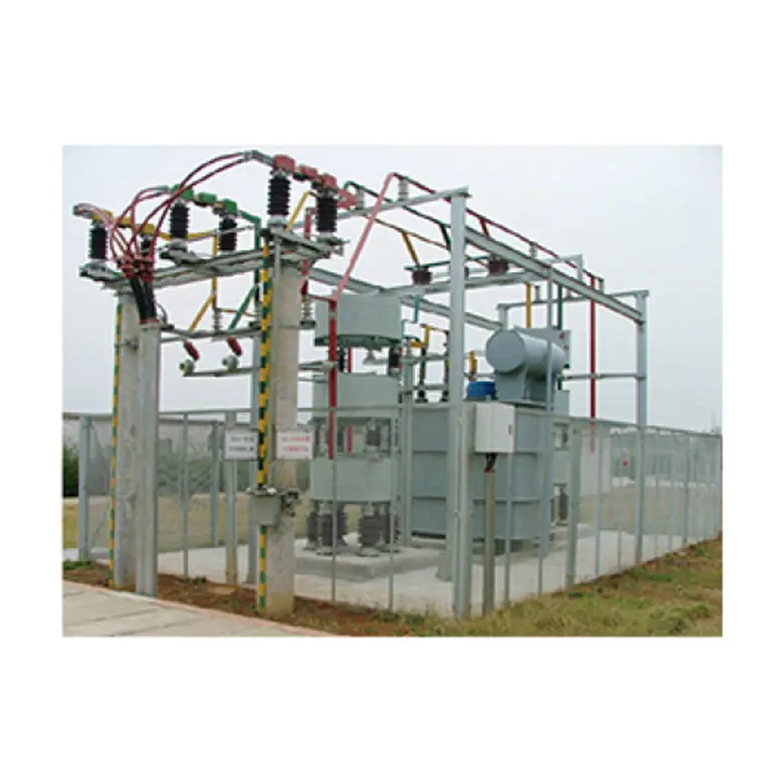The durability of the High Voltage Capacitor Unit is a pivotal factor in determining its suitability for various electrical applications. HVCUs are expected to perform reliably under conditions of high voltage and potentially harsh environments, making their durability a critical concern for engineers and technicians. The ability of High Voltage Capacitor Units to withstand physical and electrical stress without performance degradation is a measure of their robustness and longevity.
High Voltage Capacitor Units are designed to operate within specific voltage limits and under certain environmental conditions. Their durability is influenced by the materials used in their construction, such as dielectric materials, casing, and terminals. The dielectric material, which is the insulating substance between the capacitor's plates, plays a crucial role in the capacitor's ability to resist voltage without breaking down. High-quality dielectric materials, such as polypropylene or polyester films, are chosen for their excellent dielectric strength and resistance to electrical discharge.
The casing of a High Voltage Capacitor Unit provides physical protection and ensures that the internal components are not compromised by external factors such as moisture, dust, or mechanical stress. A robust casing made from materials like aluminum or steel can protect the High Voltage Capacitor Unit from physical impacts and environmental exposure, thus contributing to its overall durability. The casing must also be designed to dissipate heat effectively, as temperature fluctuations can affect the dielectric properties and the lifespan of the capacitor.
Terminals and connectors in a High Voltage Capacitor Unit are subject to mechanical stress due to repeated connections and disconnections. The durability of these components is crucial to prevent electrical resistance and potential failure points. High-quality materials and design ensure that terminals can withstand the stress without corroding or breaking, maintaining the integrity of the electrical connection.
In addition to material selection, the manufacturing process also greatly influences the durability of High Voltage Capacitor Units. Precision manufacturing techniques ensure that the capacitor plates are evenly spaced and that the dielectric material is uniformly distributed. This uniformity helps to prevent localized stress points that could lead to premature failure.
Regular maintenance and inspection are also key to maintaining the durability of High Voltage Capacitor Units. By monitoring for signs of wear, such as bulging or leakage, and replacing components as needed, the operational lifespan of High Voltage Capacitor Units can be extended. Regular testing for dielectric breakdown voltage and capacitance can also help to identify any degradation in performance before it leads to failure.
The durability of High Voltage Capacitor Units is not only about their resistance to physical and electrical stress but also about their ability to maintain performance over time. This is particularly important in applications where Voltage Capacitor Units are used for power factor correction or voltage regulation. In these roles, High Voltage Capacitor Units must be able to maintain their capacitance and voltage ratings even as they age, which requires a careful balance of materials and design.
In summary, the durability of High Voltage Capacitor Units is a complex interplay of material selection, design, manufacturing precision, and ongoing maintenance. By focusing on these aspects, manufacturers can produce HVCUs that offer long-lasting performance and reliability, even in the face of demanding electrical and environmental conditions. The durability of HVCUs is a testament to the ongoing advancements in materials science and engineering, ensuring that these critical components continue to meet the needs of modern electrical systems.
https://www.eonge.net/product/high-voltage-capacitors-and-equipment/
